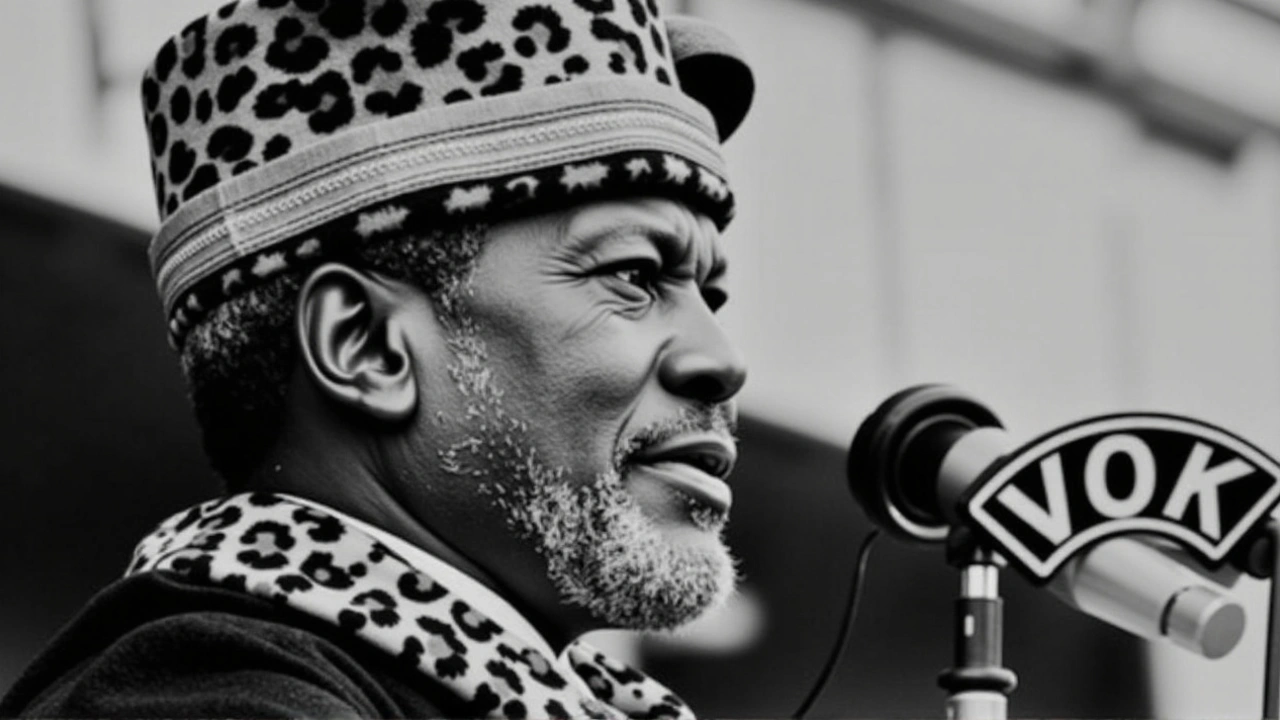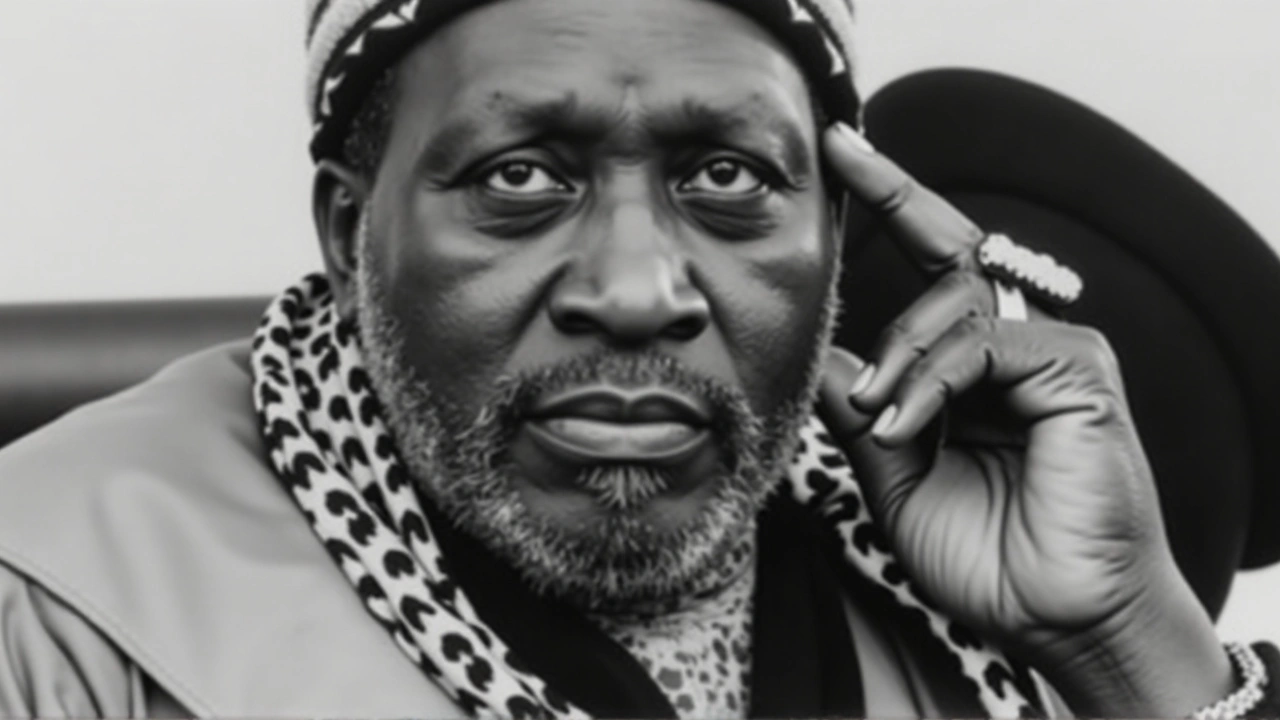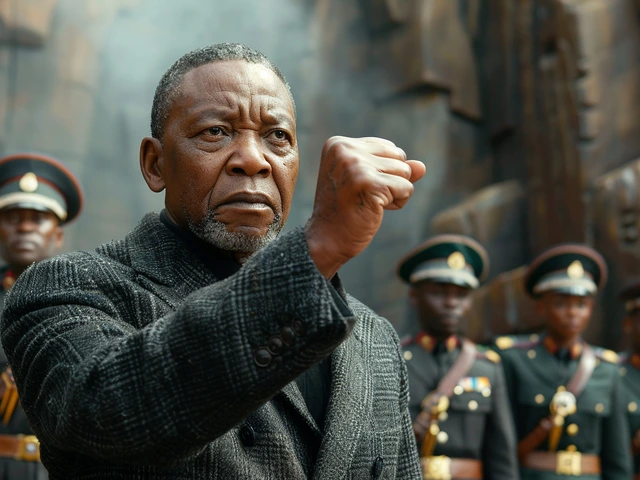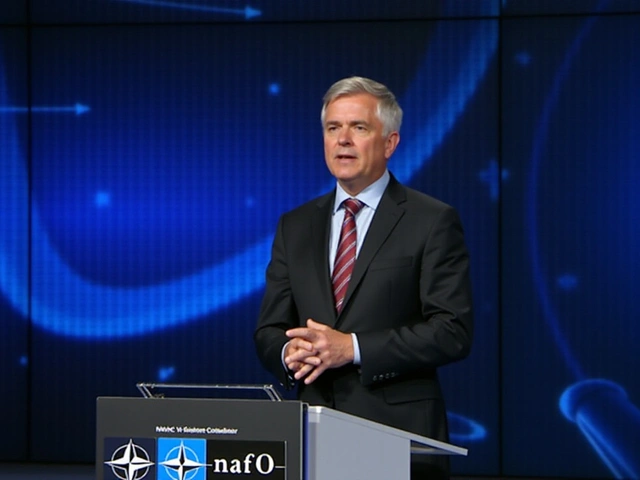If Jomo Kenyatta Awoke Today: A Hypothetical Scenario
If Jomo Kenyatta, affectionately known as 'Mzee,' were to rise from his grave today, he would likely be deeply saddened and angered by the state of his beloved Kenya. From the founding president's point of view, much of the nation's current affairs would be a far cry from the vision he had when he championed the 'Harambee' philosophy—a call for unity and collective effort in nation-building. The dream of a prosperous, united, and self-reliant Kenya appears to have derailed, marred by pervasive corruption, economic inequality, and political mismanagement.
Corruption: A National Cancer
The issue of corruption is perhaps the most glaring disappointment that Mzee would encounter. Despite numerous anti-corruption campaigns and the establishment of institutions meant to curb this vice, corruption remains entrenched in both public and private sectors. Kenyans are resigned to hearing about grand corruption scandals involving billions of shillings vanishing from public coffers, while the perpetrators often go unpunished. This culture of impunity has become so ingrained that it threatens the very fabric of society. As a leader who laid the foundation of the country, Mzee Kenyatta would be hard-pressed to understand how things have deteriorated to this extent.
Economic Mismanagement: Crucial Sectors Suffer
Mzee would be equally disheartened by the mismanagement of public resources. Crucial sectors such as healthcare, education, and infrastructure lack adequate funding and oversight, leading to substandard services and lost opportunities for development. In the healthcare sector, hospitals are often ill-equipped, understaffed, and overwhelmed, leaving many citizens without access to essential medical services. Education is another area where Mzee’s vision seems to have faltered, with frequent teacher strikes and inadequate resources hampering the quality of education.
The Unfulfilled Promise of Development
Jomo Kenyatta’s Harambee philosophy emphasized self-reliance and collective effort, values that appear neglected in the current landscape. Many developmental projects started during his era either remain unfinished or are marred by irregularities and poor execution. The roads, schools, and community projects envisioned to improve the lives of ordinary Kenyans are either nonexistent or poorly maintained. This stark reality would likely leave Mzee Kenyatta questioning the priorities and integrity of today's political leaders.
The G7Z Alliance: Falling Short of Expectations
Among those who would particularly feel Mzee's wrath are the members of the G7Z alliance, a collective political group that promised reform and progress but has largely been associated with political theatrics and power struggles. For a leader who valued action over empty rhetoric, the current political landscape, filled with grandstanding and little substance, would be deeply disappointing. The ideological commitment to Kenya’s development seems to have taken a backseat to personal ambitions and political alliances that do little to improve the lives of ordinary citizens.
Economic Challenges Facing Ordinary Kenyans
While political elites engage in power games, ordinary Kenyans face an array of economic challenges that make daily life a struggle. High unemployment rates, an ever-rising cost of living, and insufficient social welfare programs leave many citizens grappling with poverty and insecurity. The gap between the rich and poor continues to widen, eroding the middle class and leading to social unrest. Mzee Kenyatta, who fought for economic independence and empowerment for all Kenyans, would likely be distraught by this reality.
The Disconnect Between the Political Elite and the People
One of the most troubling aspects of today’s Kenya, from Mzee's perspective, would be the apparent disconnect between the political elite and the people they are supposed to serve. This disconnection manifests in the form of opulent lifestyles led by politicians and their families, while a significant portion of the population lives in abject poverty. The founding father, who encouraged unity and collective effort, would surely view this as a betrayal of the values he fought for, leaving a legacy that seems more symbolic than practical.
A Missed Leadership Style
Mzee Kenyatta’s leadership was characterized by his firm stance on national development and his commitment to empowering all Kenyans. His hands-on approach and ability to rally the nation around common causes are qualities sorely missed in today's political arena. While his tenure was not without its flaws, the sense of direction and purpose he instilled in the nation is something that many Kenyans feel is lacking today.

In Conclusion
The hypothetical vision of Jomo Kenyatta awakening in present-day Kenya serves as a sobering reflection on the country's current state. The widespread corruption, economic mismanagement, and political disconnect starkly contrast the vision of unity and progress that Mzee championed. As Kenyans continue to grapple with myriad challenges, the need to revisit and realign with the founding principles of Harambee becomes ever more critical. The disillusionment and frustration felt today highlight the urgent need for leaders who can genuinely embody Mzee Kenyatta's ideals and work towards a prosperous, united Kenya for all.







Write a comment